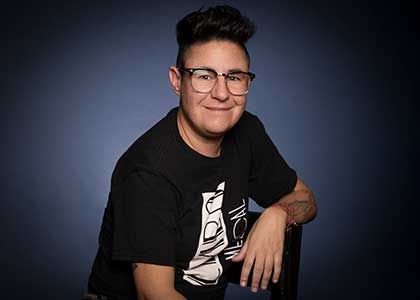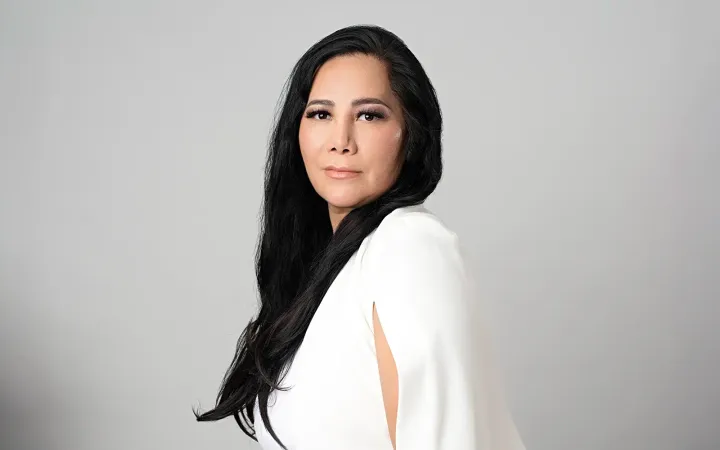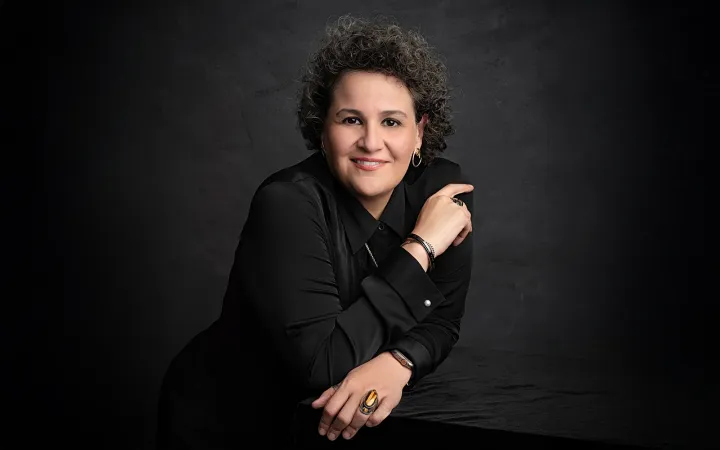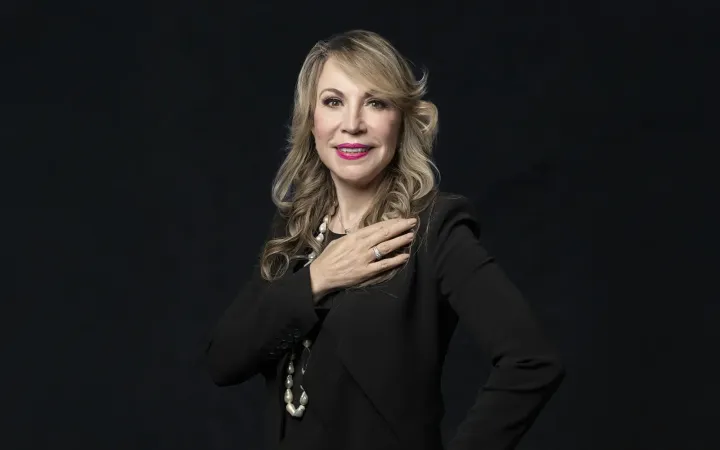
Por Diana J. Torres
Creo que tardé bastantes años en distinguir la importante frontera que hay entre la precariedad y la pobreza.
Que no hubiera nada más que un yogurt en casa a la semana, que mi ropa siempre fuera de segunda o tercera (¡y hasta cuarta mano!), que mis útiles de la escuela siempre fueran medio chafa, así como mis tenis, que nunca fuéramos a la peluquería, que a veces no hubiese luz ni agua en casa porque nos la cortaron por falta de pago y otros detallitos siempre me dieron la impresión de que en mi casa éramos pobres.
¿Por qué? Muy sencillo: porque pobre es la palabra que se usa como insulto hacia quien tiene menos que tú. De este modo yo entendí desde muy pequeña que ser pobre estaba mal, que era un castigo por algo que aún no lograba entender. Ese insulto, el de pobre, me hacía sentir que por muy buena que fuera en otras muchas cosas que no tuviesen que ver con el dinero (la primera de la clase, la mejor en deportes, etc.), nunca iba a estar a la altura de las niñas con sus nike nuevecitas o los niños con sus plumas pilotV5...




